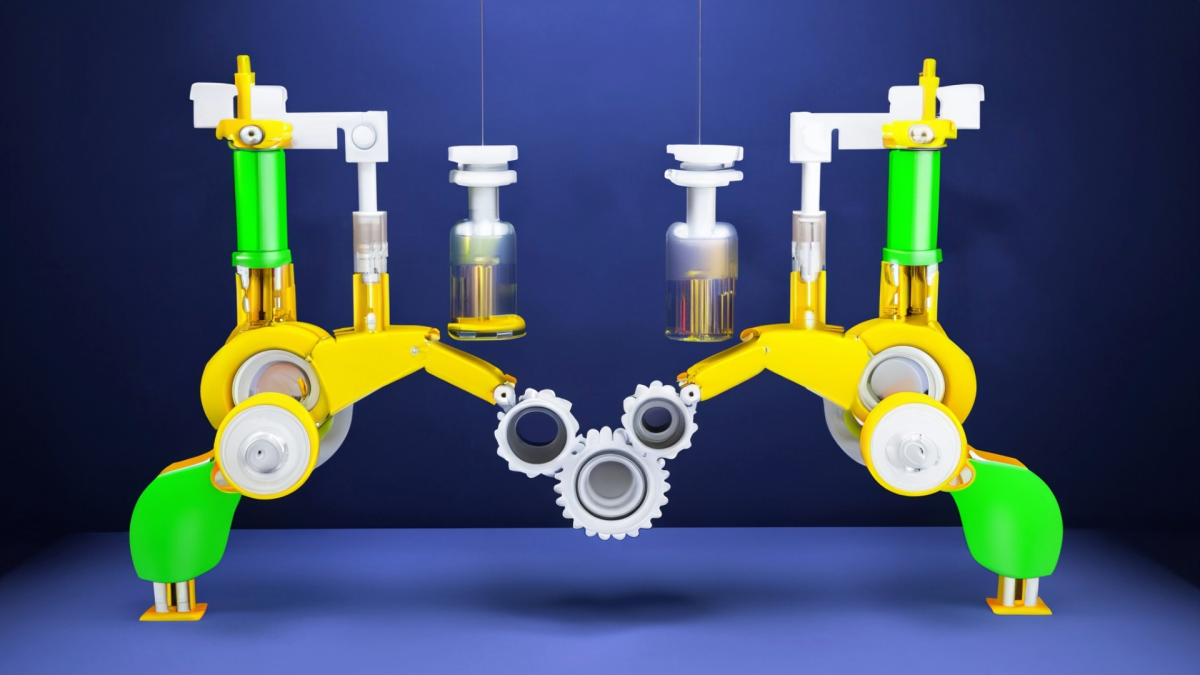Grades:
4th Grade
This would be an end of the unit project. Students would need prior knowledge about animal adaptations and biomes/habitats. Students will use Flipgrid to share, but you could use any other video app
Grades:
6th Grade
In this unit, students will study the effects of atmospheric pressure and air resistance on objects to engineer a landing apparatus to land cargo in space. They will then write a Claim based on
Grades:
6th Grade
In this lesson, students will identify the significance mean, median, and mode while collecting data and making observations about a collection of items in their home. Making these connections will
Featured
Mosquito Management
Grades:
3rd Grade, 4th Grade, 5th Grade
This lesson takes place in as classroom for one or more 60 minute class periods. The data collection portion may continue for 2+ weeks (or whatever time frame you decide). An emphasis is placed on the
Grades:
6th Grade
In this unit, students will study the effects of air pollution and engineer an environmentally friendly air filter to reduce pollutants in the air using common household items and recycled materials
Grades:
6th Grade
In this lesson, students will calculate the surface area of rectangular prism, first constructed and then deconstructed and make observations about any potential differences. Making these connections
Grades:
5th Grade
Students develop an understanding of patterns and how genetic information is passed from generation to generation. They also develop the understanding of how genetic information and environmental
Grades:
6th Grade
In this lesson, students will identify the significance of the shapes found in and around their home. Making these connections will provide a real-world framework to their understanding of mathematics
Grades:
6th Grade, 7th Grade, 8th Grade, 9th Grade
Summary - Students will be identifying the structures and functions of plant reproductive parts. Materials - Flowers, scissors, magnifying lenses, resource materials (internet/textbook)
Grades:
6th Grade
In this lesson, students will identify the significance of the numbers found in and around their home. Making these connections will help strengthen number sense and provide a real-world framework to
Grades:
6th Grade, 7th Grade, 8th Grade
This lesson will provide students with hands-on experience to design a roller coaster that will demonstrate transformation and conservation of mechanical energy. Students will learn the concept of
Grades:
7th Grade
This engaging lesson is designed to simulate how scientists look for patterns in evidence to make claims, and back them up with reasoning. There are some important takeaways that students will make
Grades:
7th Grade
The lesson gives an introduction to ASCII as part of a set of lessons that introduces computer science. Students learn what a computer can understand and create a bracelet in this introduction to
Grades:
5th Grade
This is the first lesson for the 5th grade life science unit involving environmental factors and organisms. The materials needed are two articles, highlighters, and either a laptop or tablet to
Grades:
5th Grade
Summary: This lesson is a precursor to subsequent lessons comparing how garden growing techniques determine plant growth/production. Students will be activating prior knowledge in the life sciences
Grades:
9th Grade, 10th Grade
This lesson plan focuses around 4 key topics, with activities for each. The plan covers renewable energy, solar energy, why solar energy is important, and what the children can do to conserve energy
Grades:
5th Grade
Students are actively engaged in this creative lesson where they use their genetics knowledge to construct a game for others to play! They will use a Punnett Square and other genetic terminology as
Grades:
5th Grade
For this 90 minute lesson students are going to watch an introductory video about how we inherit features and then they will do research on a website. In the project they will fill out a survey
Grades:
6th Grade
This lesson starts by discussing/learning what is matter, the states of matter, and the properties of matter. It continues with what is mass and how to measure it. Two labs follow: density of solids
Grades:
5th Grade
This real-world lesson allows students to understand the impact of an oil spill on animals in the wild. Students experiment with ways to clean oiled animals. There is a literacy integration, hands-on
Grades:
6th Grade
In this lesson, students will collaborate to design and engineer a product to contain and clean up an oil spill while saving the affected wildlife. They will also accurately complete an itemized
Grades:
6th Grade
This is the second part of the egg drop challenge. Students will improve on their original design and make a new design to test and analyze.
Grades:
6th Grade
This is the first lesson is a series of 2 for the egg drop challenge. Students will work in groups to design and test an egg drop capsule. Students will keep a budget and fill out a data and
Featured
Edison Robot Challenges
Grades:
5th Grade, 6th Grade, 7th Grade, 8th Grade
In this hands-on lesson students review the Edison robot and coding in Edscratch. They will then work together to solve math problems and then code the Edison robot to match their solution to the math
Featured Lesson Plans
Check out these notable lesson plans.

Featured
Design a Course with Friction
Grades:
6th Grade, 7th Grade
In the second part of this lesson, students will now test how friction can change the speed of a RC car. Students will first test the RC car on three different surfaces of their choice and time them

Grades:
6th Grade, 7th Grade, 8th Grade
Calling all engineers, artists, scientists, and crafters! Our MAKER FAIRE is a venue for our “makers” to show off your talents, innovations, and creative solutions! Join the Maker Movement! Students

Featured
Rocket Science
Grades:
3rd Grade, 4th Grade, 5th Grade
This engaging lesson is a great introduction for space exploration units. This plan goes over the history of rockets, how they work, and how modern rockets help us explore the solar system. There are
